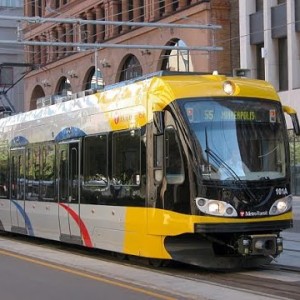
The new green line light rail connecting Minneapolis to Saint Paul is one of the most recent and highly successful public transit projects. Providing better, cleaner transportation solutions, helping to increase the standard of living and connecting people to jobs, the transit solution has earned widespread community support. NECA chapters and local unions collaborated over several years of construction under tight deadlines and schedules to deliver a project done on time and on budget, receiving accolades from both Mayors of Saint Paul and Minneapolis for their professionalism.
View this complete post...







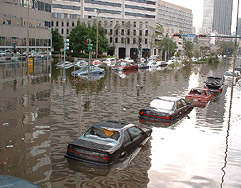
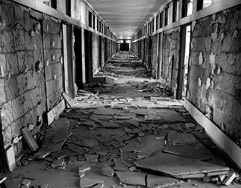
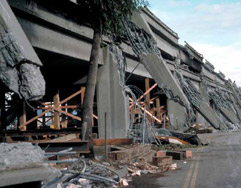
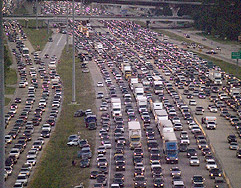

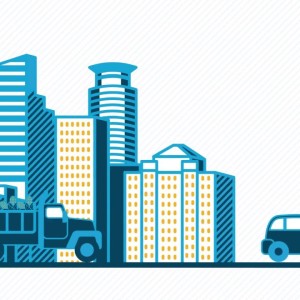
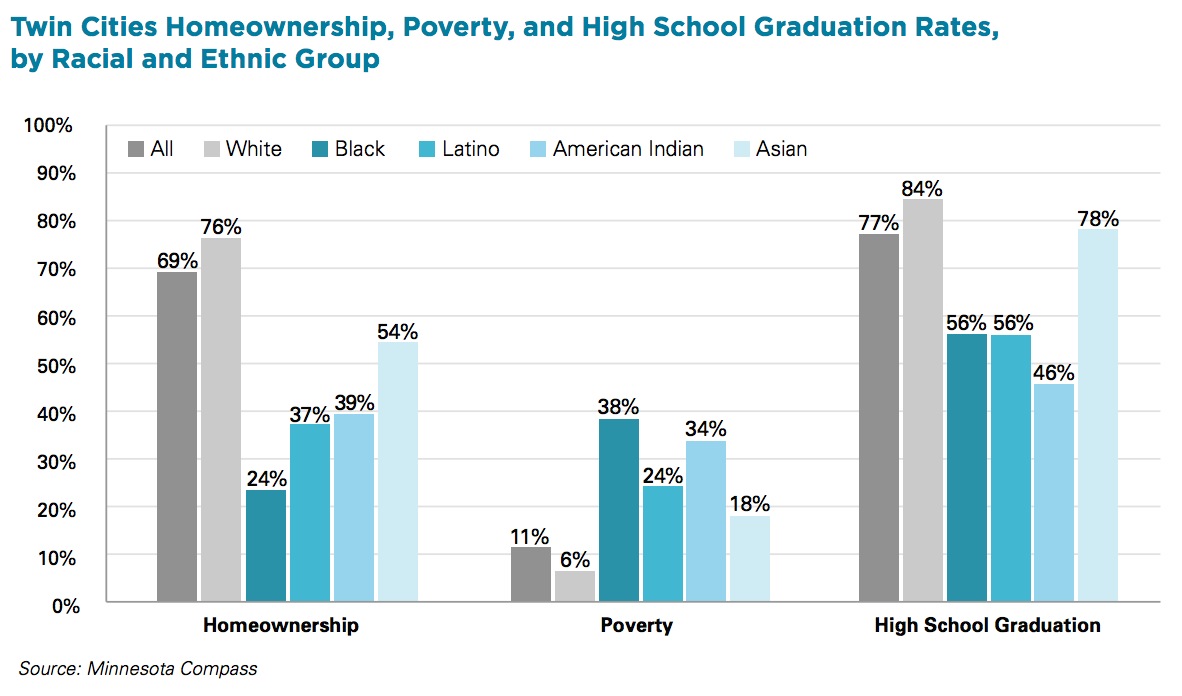

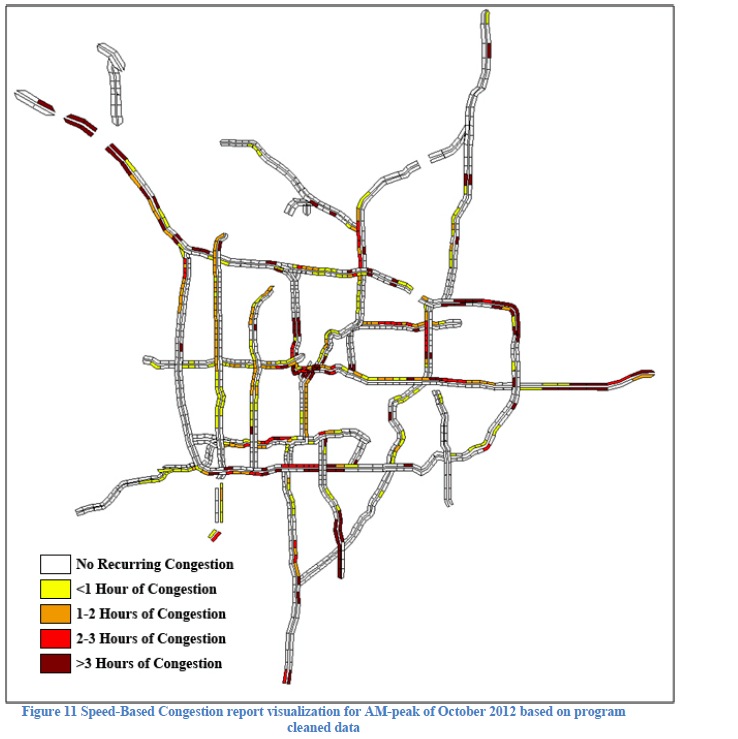


 RSS Feed
RSS Feed